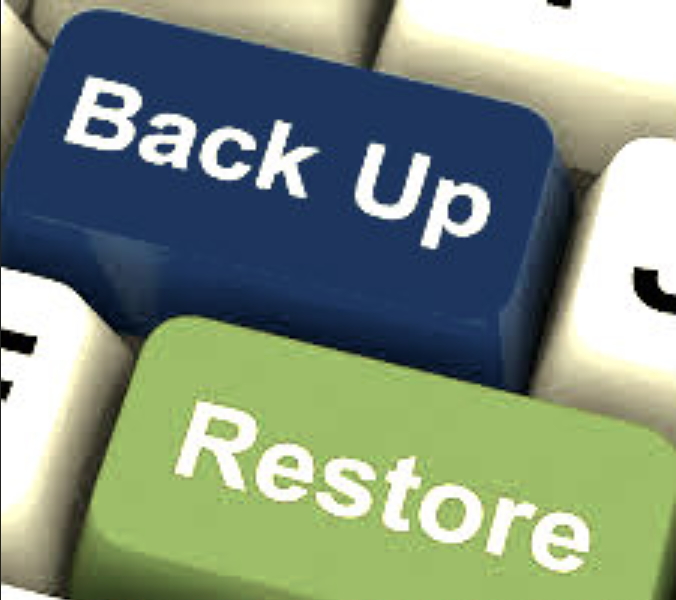
Throughout my years in computers and retail. However, nothing beats the gut-wrenching moment when you discover your data is lost. I want to share a recent situation that drove home the essential nature of backups for a retail shop.
The Fire That Changed Everything
Recently, I answered a call that left me feeling sick. One of our customers had experienced a catastrophic fire, with their store's computer caught in the destruction. The technician's voice was heavy with dread as he shared the grim reality: No backups. It's incredible how those eight letters can spell disaster.
The Waiting Game
Now, we're playing a nerve-wracking waiting game. Will the computer survive? Sometimes, they do. I've witnessed hard drives burnt with their data intact. Once, we even rebuilt a drive in Perth by a company specialising in salvaging precious information on hard drives. But it's all a point.
The Harsh Reality
If only they had a backup. With a backup, we could have sent them a new computer, and they'd be up and running in no time. Even with the shop closed, they could've sent out customer statements, keeping their business ticking over.
Legal Responsibilities
Many retailers don't realise it's your legal responsibility to have backups. The big tech companies make this crystal clear in their terms of service.
Take Apple, for instance. Their contract states:
"TO THE GREATEST EXTENT PERMISSIBLE BY APPLICABLE LAW, APPLE DOES NOT GUARANTEE OR WARRANT THAT ANY CONTENT YOU MAY STORE OR ACCESS THROUGH THE SERVICE WILL NOT BE SUBJECT TO INADVERTENT DAMAGE, CORRUPTION, LOSS, OR REMOVAL IN ACCORDANCE WITH THE TERMS OF THIS AGREEMENT, AND APPLE SHALL NOT BE RESPONSIBLE SHOULD SUCH DAMAGE, CORRUPTION, LOSS, OR REMOVAL OCCUR. It is your responsibility to maintain appropriate alternate backup of your information and data."
Microsoft is even more blunt:
"You are wholly responsible for configuring your Customer Solution to ensure adequate security, protection, and backup of Customer Data."
I've heard that US courts have ruled that not having a backup is considered misuse. It's an obligation.
In Australia, while no single comprehensive law mandating backups, various regulations and industry standards effectively require or strongly recommend maintaining adequate backup systems. The responsibility for implementing and managing backups generally falls on the business or organisation.
Backups and Your Point-of-Sale System
In retail, your Point-of-Sale (POS) system information is the heart of your business. That's why a backup is essential. At the very least, you should back up your data daily, and many of our clients do it even more frequently.
The Cost of Neglect
Let's break down what you stand to lose without a proper backup:
- Sales Records: You could lose your entire financial history, leading to significant tax compliance issues.
- Inventory: You're looking at a reordering nightmare without accurate stock levels.
- Customer Information: Say goodbye to your loyalty programs and valuable contact details.
- Employee Data: Prepare for payroll headaches and scheduling chaos.
Making Backups a Habit
Here's how you can protect your business:
- Schedule daily backups: There are automated systems that use cloud storage that allow you almost to set and forget.
- Use multiple backup methods: The cheapest and most popular methods are external hard drives and USB sticks.
Whichever way you need to
- Test your backups regularly: A backup is useless if you can't restore from it.
- Train your staff: Make sure everyone knows the importance of data protection.
Remember, it's about protecting against catastrophic events.


